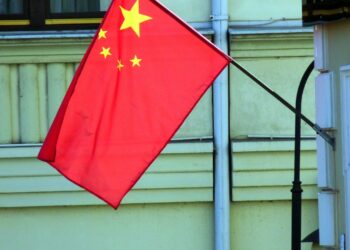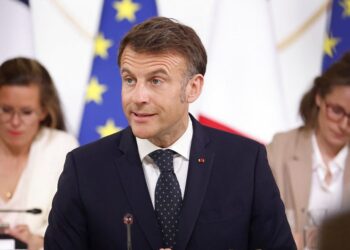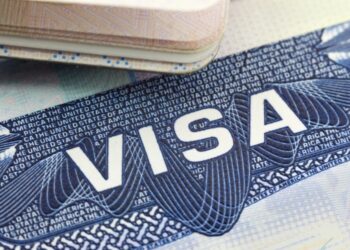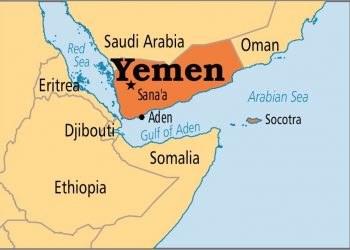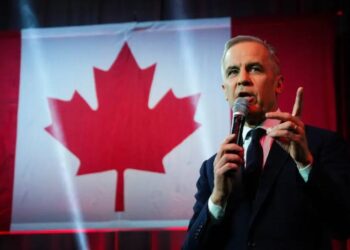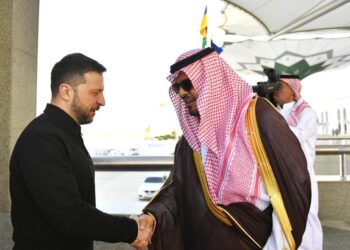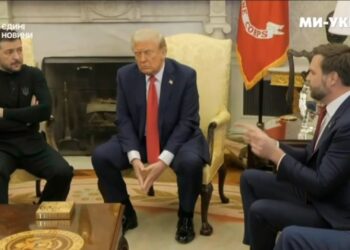TEHRAN: Iran held funeral processions on Thursday for Hamas political chief Ismail Haniyeh. A strike in Tehran, blamed on Israel, killed Haniyeh.
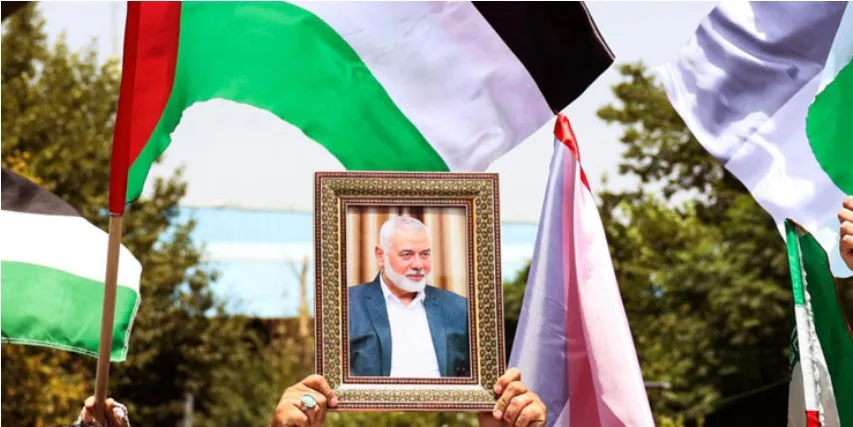
Ayatollah Ali Khamenei, Iran’s supreme leader, led the prayers for Haniyeh before his burial in Doha. Earlier, Khamenei threatened a “harsh punishment” for Haniyeh’s killing.
Crowds gathered in Tehran’s city center, carrying posters of Haniyeh and Palestinian flags. The mourning took place at Tehran University on Thursday morning.
Haniyeh’s death was announced by Iran’s Revolutionary Guards. They reported that Haniyeh and his bodyguard were killed in a strike on their accommodation at 2:00 am on Wednesday.
This strike followed an Israeli attack that killed Hezbollah commander Fuad Shukr in Beirut. These events have escalated fears of a wider regional war.
Israel has not commented on the Tehran strike. However, after Haniyeh’s death, Khamenei stated, “It is our duty to seek revenge for his blood as he was martyred in the territory of the Islamic Republic of Iran.”
Haniyeh was in Tehran for the inauguration of President Masoud Pezeshkian on Tuesday. The Iranian president declared that “the Zionists will soon see the consequences of their cowardly and terrorist act.”
Hamas political bureau member Musa Abu Marzuk vowed retaliation, saying, “The assassination of leader Ismail Haniyeh is a cowardly act and will not go unanswered.”
The international community has called for de-escalation. UN Secretary-General Antonio Guterres described the strikes in Tehran and Beirut as a “dangerous escalation.”
Guterres emphasized the need for a ceasefire in Gaza and the release of hostages taken during Hamas’s October 7 attack on southern Israel. US Secretary of State Antony Blinken also stressed the importance of a Gaza ceasefire, and White House National Security Council spokesman John Kirby noted that the twin killings “don’t help” regional tensions.
From Wednesday morning, crowds gathered in cities across Iran and the Middle East to condemn Haniyeh’s killing. Hundreds gathered in Tehran’s Palestine Square, chanting “Death to Israel, Death to America.”
Iran has not disclosed the exact location of the strike. While Iran blames Israel for the attack, Israel has not commented on Haniyeh’s death. Israel did, however, claim responsibility for killing Shukr, accusing him of a rocket strike on the Israeli-annexed Golan Heights.
These killings have further inflamed regional tensions, already heightened by the war in Gaza. The conflict has involved Iran-backed militant groups in Syria, Lebanon, Iraq, and Yemen.
Yemen’s Houthi rebels declared three days of mourning for Haniyeh. Political leader Mahdi al-Mashat expressed “condolences to the Palestinian people and Hamas” over Haniyeh’s killing.
Saudi Foreign Minister Prince Faisal bin Farhan spoke with Iran’s acting counterpart Ali Bagheri after the attack to discuss “the latest developments in the region.”
The UN Security Council convened an emergency meeting on Wednesday at Iran’s request. Tehran’s envoy, Amir Saeid Iravani, urged members to take “immediate action to ensure accountability for these violations of international law.”
Hamas has been negotiating a truce and hostage-prisoner exchange deal with Israel. Egypt, Qatar, and the United States have been facilitating these talks.
Analysts believe Haniyeh was a moderating influence within Hamas. While he will be replaced, his death could change the dynamics within the group.
Stay updated with the latest news by joining the INCPak WhatsApp Channel.
